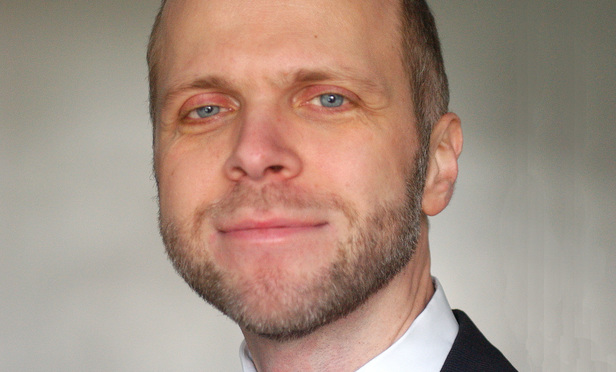Actual innocence resonates in research that exposes human fallibility, as in 2009′s “Strengthening Forensic Science” (NAS) and in 2016′s “Report on Forensic Science in Criminal Courts” (PCAST). See Ken Strutin, “President’s Council of Advisors on Science and Technology [PCAST] Casts Doubt on Criminal Forensics,” LLRX, March 19, 2017. At the same time, it is stifled by the ratiocinations of procedural default, finality and fail-safe. To remedy wrongful conviction, the law must put science and justice on the same page and stop disputing over forums for factual innocence.
Judge Alex Kozinski, senior advisor to PCAST, observed in his article “Rejecting Voodoo Science in the Courtroom,” Wall Street Journal, Sept. 19, 2016: “Among the more than 2.2 million inmates in U.S. prisons and jails, countless may have been convicted using unreliable or fabricated forensic science. The U.S. has an abiding and unfulfilled moral obligation to free citizens who were imprisoned by such questionable means.”
This content has been archived. It is available through our partners, LexisNexis® and Bloomberg Law.
To view this content, please continue to their sites.
Not a Lexis Subscriber?
Subscribe Now
Not a Bloomberg Law Subscriber?
Subscribe Now
LexisNexis® and Bloomberg Law are third party online distributors of the broad collection of current and archived versions of ALM's legal news publications. LexisNexis® and Bloomberg Law customers are able to access and use ALM's content, including content from the National Law Journal, The American Lawyer, Legaltech News, The New York Law Journal, and Corporate Counsel, as well as other sources of legal information.
For questions call 1-877-256-2472 or contact us at [email protected]



